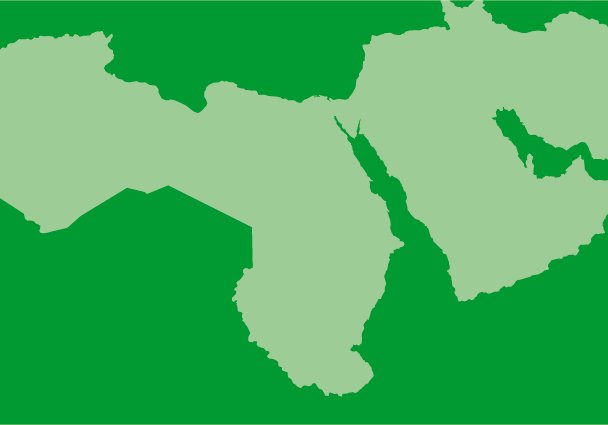Today the ICJ calls upon Members of the League of Arab States to make a political commitment to protect the human rights of all the people in the Arab region.
They can do so by ensuring that its treaty for protecting human rights fully accords with international standards, the ICJ says.
The Permanent Commission on Human Rights of the League is presently meeting in Cairo in order to consider the “modernization” of the Arab Charter of Human Rights. The Charter was adopted in 1994, but was never ratified by any State. The ICJ considers the Charter in its present form to be a fatally flawed instrument, containing significant gaps and elements which run contrary to fundamental human rights principles.
The ICJ considers that any “modernization” process should aim to bring the present document to the level of universal international human rights instruments, particularly the International Covenant on Civil and Political Rights, to which many Arab States are already party. The Vienna Declaration and Plan of Action, agreed by all States in 1993, mandates that regional arrangements “should be established and strengthened in accordance with universal human rights standards as contained in international human rights instruments.”
The League of Arab States should conduct any drafting exercise in a transparent manner and invite international, regional and national civil society to participate meaningfully in the process. If a substantial overhaul proves politically impossible, the Charter should be scrapped and member states and people in the region should rely primarily upon international instruments for human rights protection.
Just a few of the ICJ’s concerns with the existing Charter are:
The Preamble is not based on universal principles, but instead refers to the highly contentious Cairo Declaration on Human Rights in Islam. As the ICJ commented at the time of its adoption in 1991, the Cairo Declaration gravely threatens the inter-cultural consensus on which the international human rights instruments are based. The Preamble contains language symbolically according a second-class status to non-Muslim and non-Arab persons in the region.
The right to be free from slavery, a peremptory rule of international law and one of the longest established of all rights, is missing from the Charter.
The Charter fails to provide explicitly for the right to freedom of expression.
The Charter fails to recognise the right to have or adopt a religion of one’s choice.
Political rights are limited to their mere expression: a right to access to public office is granted, but there is no right to take part in the conduct of public affairs, directly or through freely chosen representatives. Nor is there mentioned the right to vote and to be elected at genuine periodic elections.
The Charter does not contain the right to a fair trial by an independent and impartial tribunal established by law.
States are allowed a virtually unlimited authority to restrict many of the rights “by law.”
Contrary to international standards, the right to life and the right to be free from cruel and inhuman treatment are excluded from the list of rights that are non-derogable in times of public emergency. There is no requirement in the Charter that a public emergency be officially proclaimed or that notification of emergencies be given to the League of Arab States. The pattern of abusive recourse to states of emergency in a number of states in the region demonstrates the need to better protect human rights in such situations.
The Charter worryingly contemplates the possibility of punishment for “political offences.”
The Charter lacks a sufficiently prescriptive reporting system and monitoring mechanism. No provision is made for submission of individual complaints.
Arab Charter-press release-2003 (full text, PDF)





